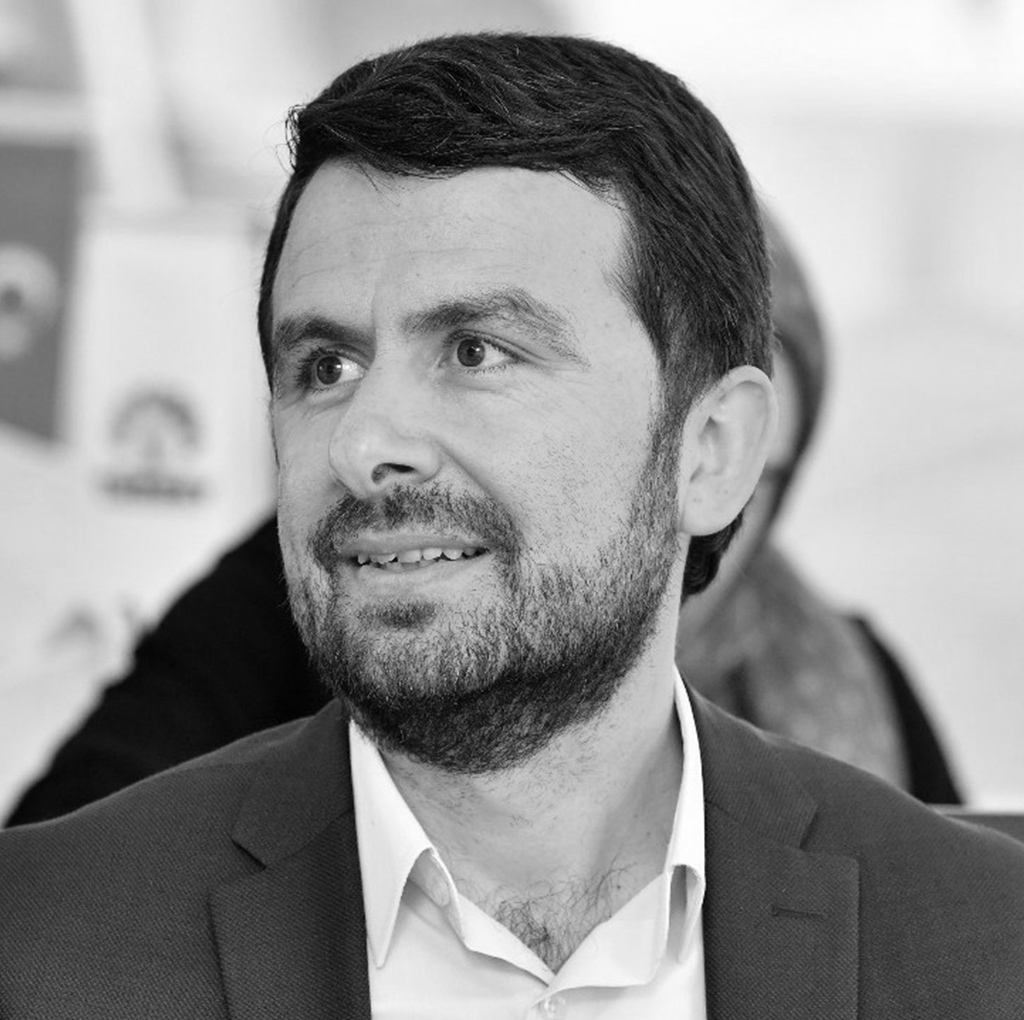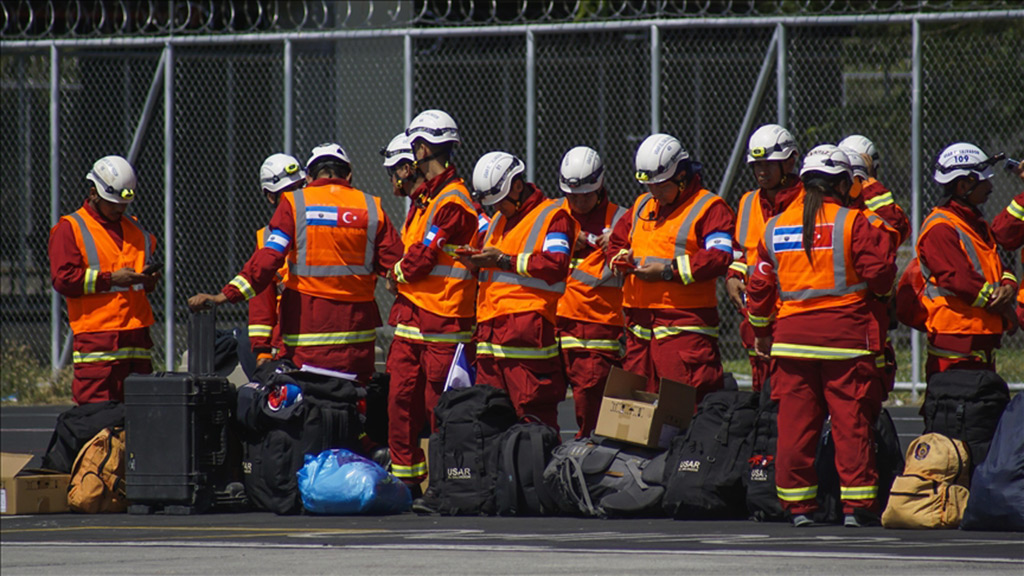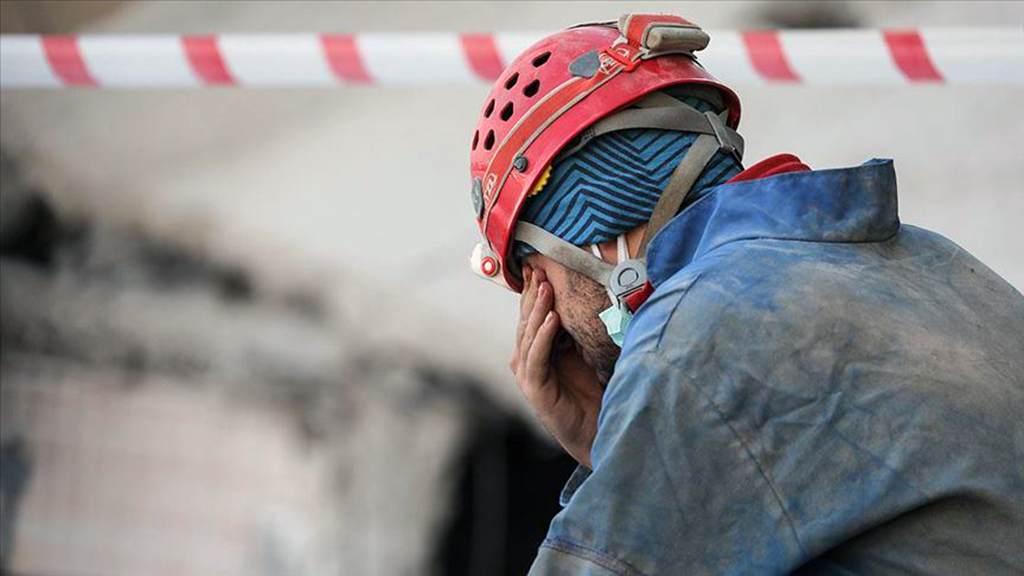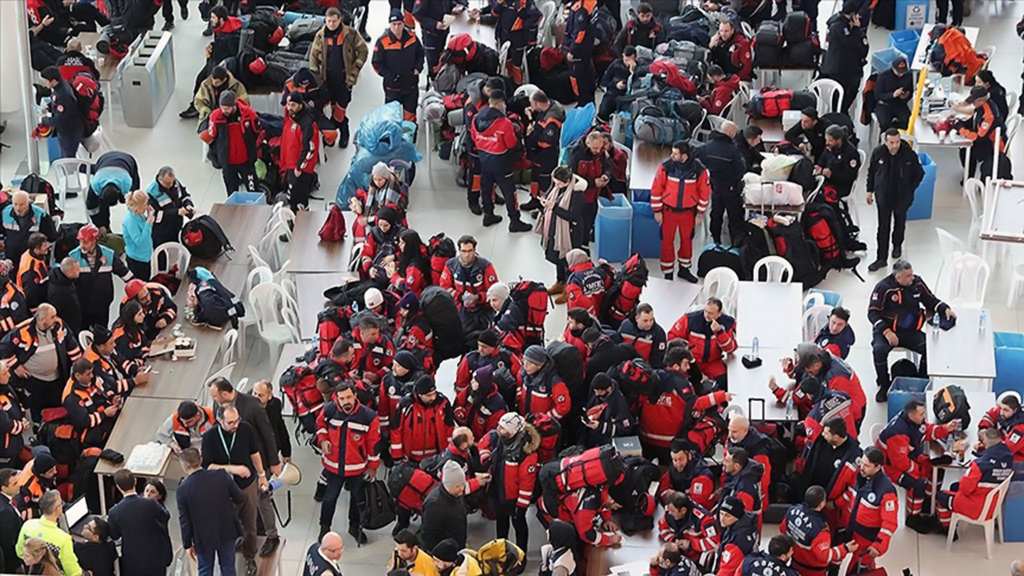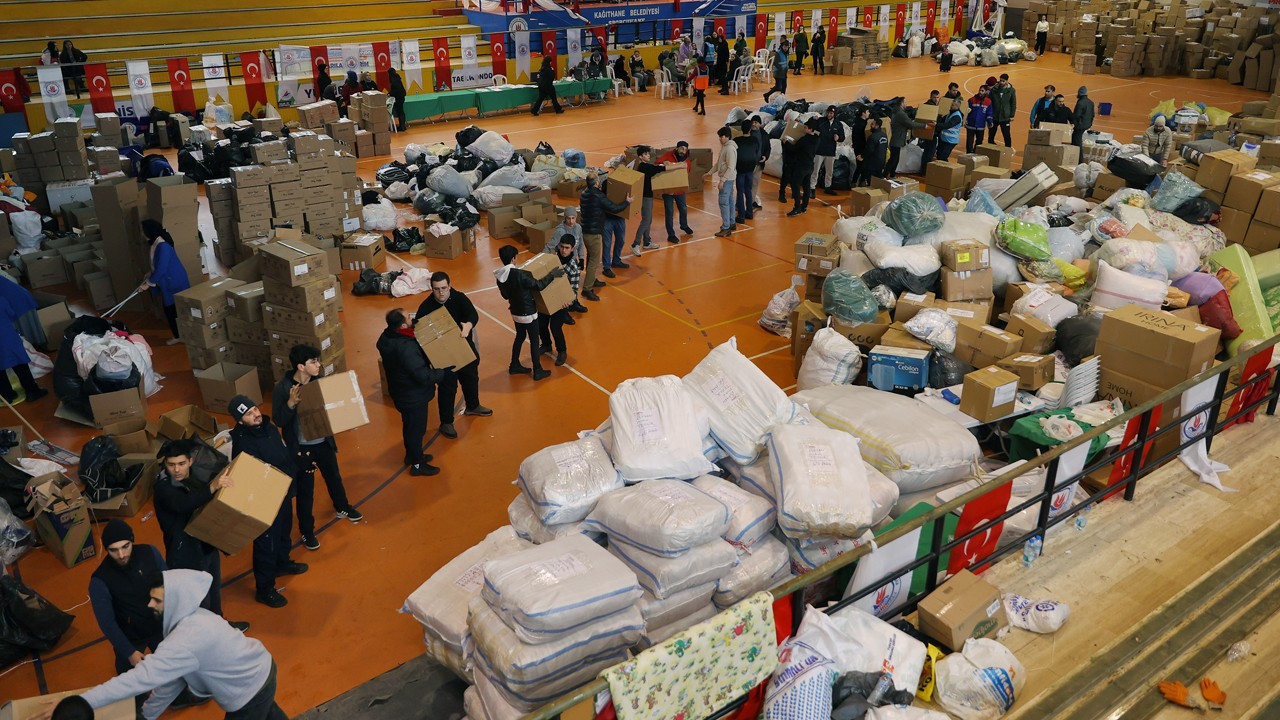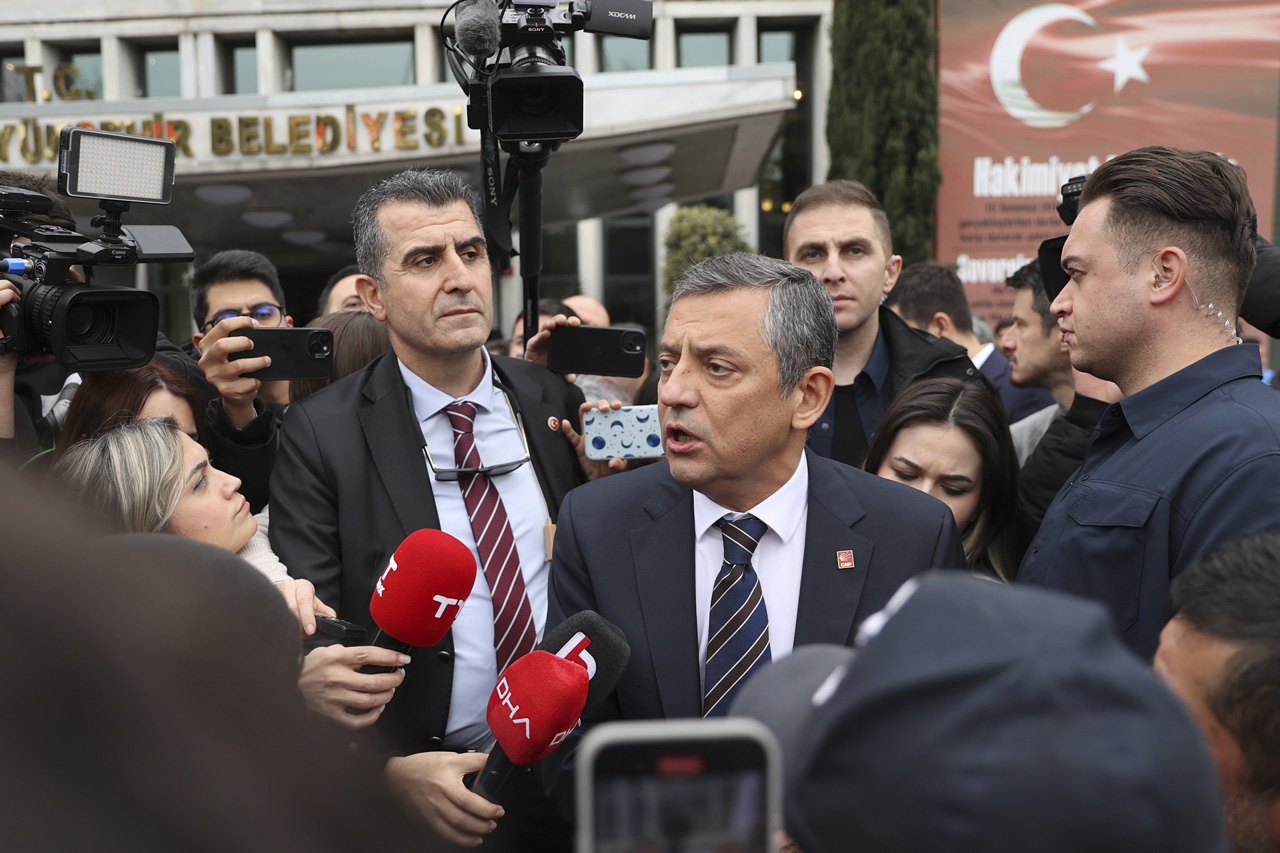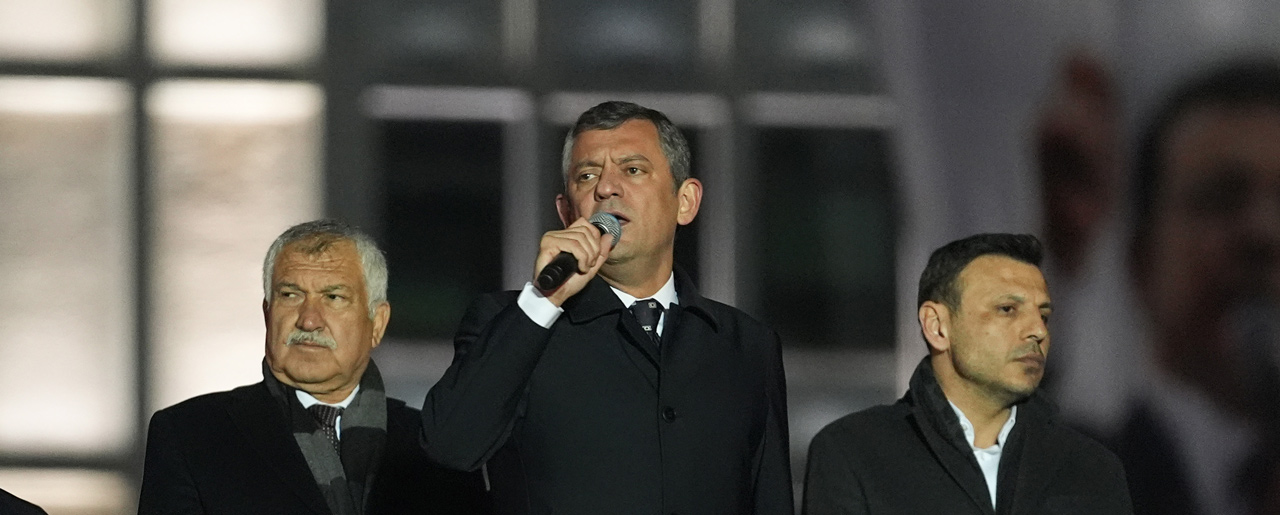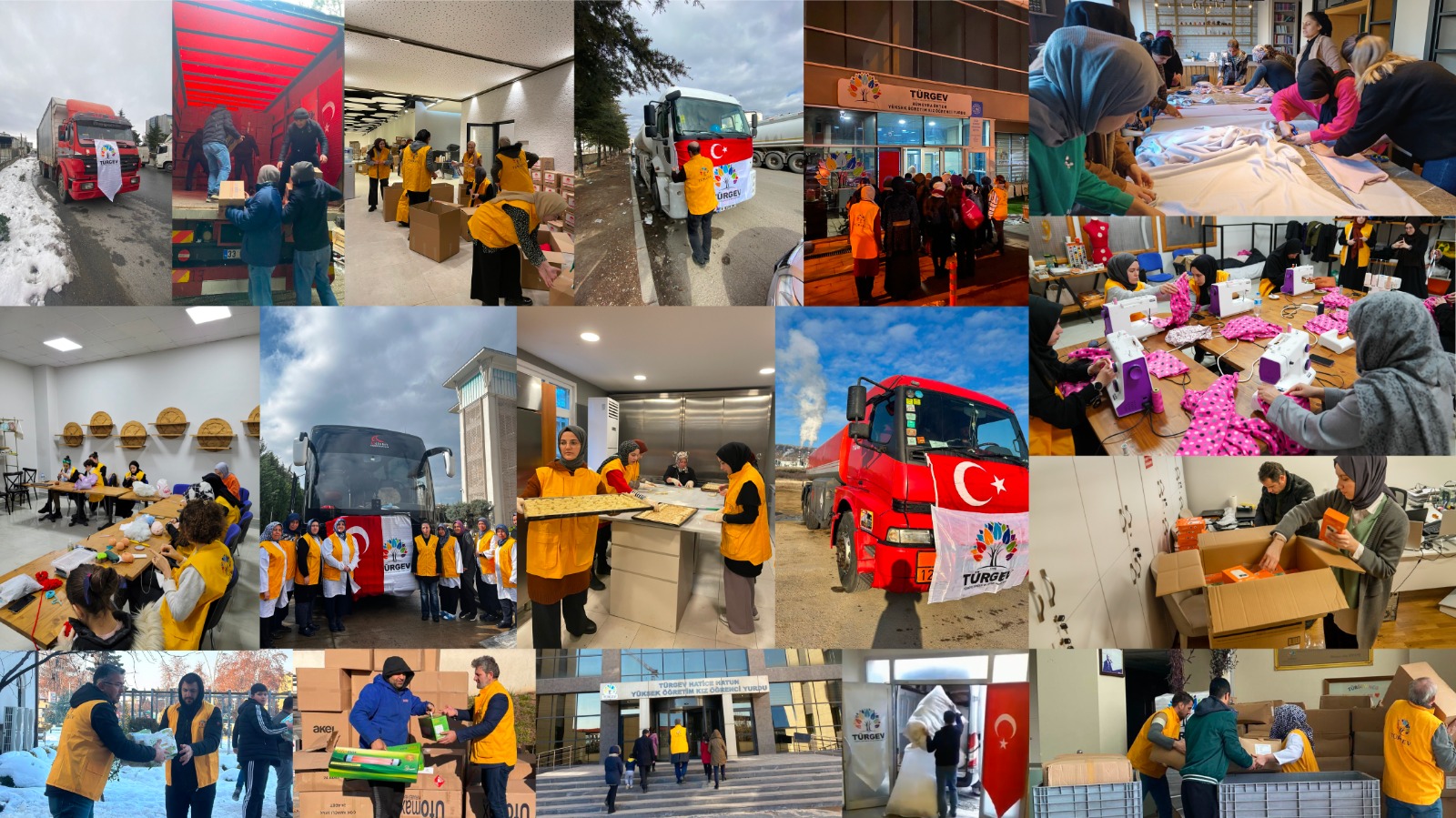
Selfless Support of NGOs in Challenging Times
NGO volunteers work on the ground around the clock. In the recent past during the coronavirus pandemic, they delivered aid to people alongside government agencies. In the holy month of Ramadan, they serve meals. Every year, around Eid Al-Adha, volunteers work extra hard to help people around the globe by building bridges between donors and people in need. As such, they represent Türkiye through their excellent work.
Share
Though everyone benefits from nongovernmental organizations (NGOs) for various reasons at different stages of their life and NGOs represent part and parcel of society, we often do not acknowledge the everyday services they provide. However, people immediately think of NGOs in difficult times, putting them front and center. Delivering humanitarian aid, providing education, facilitating athletic activities, working with young people, and offering scholarships and housing opportunities to students are among the best-known activities run by NGOs.
As mentioned above, NGO volunteers work on the ground around the clock. In the recent past during the coronavirus pandemic, they delivered aid to people alongside government agencies. In the holy month of Ramadan, they serve meals. Every year, around Eid Al-Adha, volunteers work extra hard to help people around the globe by building bridges between donors and people in need. As such, they represent Türkiye through their excellent work.
The Most Generous Country in the World
Indeed, the whole world knows that the Turkish people are particularly generous toward people in need. The numbers, too, attest to that fact: Türkiye leads the world in humanitarian aid by gross national product (GDP). The reader may wonder how that information is relevant to the most recent earthquakes. I argue, however, that there are many different points to consider when it comes to appreciating the expanding capacity of Turkish NGOs.
Turkish volunteers have worked to alleviate the local population’s suffering amid the humanitarian crisis in Myanmar. During the Pakistan floods, Turkish NGOs were the first to reach the affected area. Likewise, Türkiye’s glorious flag was planted next to countless water wells dug by various NGOs in Africa. Although those projects are carried out without expecting anything in return, they were bound to reflect positively on the country.
4:17 a.m., February 6
Painful memories of previous earthquakes surfaced for Turkish people with the first tremors in Kahramanmaraş at 4.17 a.m. on Monday, February 6, 2023. Search and rescue teams were the first to take action upon receiving news of what happened. First responders from around and outside the country, starting with the Humanitarian Relief Foundation (İHH), reached the quake zone and began to cooperate with the Disaster and Emergency Management Authority (AFAD). Reports from the disaster-struck area signaled that the earthquake was unlike its predecessors. This time around, the tremors impacted a very large area, including Türkiye and Syria. Unfortunately, additional earthquakes and countless aftershocks worsened the disaster’s toll.
Upon receiving word from the affected area, NGOs set up crisis desks and got to work. Organizations with search and rescue divisions immediately dispatched their teams to the quake zone. One of the first steps was to contact local staff and collect information about victims and survivors. They also reached out to nearby provinces and instructed their chapters near the epicenter to send help. Taking advantage of their experience in relief efforts, the relevant NGOs planned their actions and informed their headquarters or crisis desks about their needs for equipment and staff before reaching the quake zone. As early as the first day following the earthquake, many NGOs began to operate on the ground, assisting rescue efforts and providing logistical support to rescue workers.
Certainly, rescuing people from the rubble was the top priority at that point. However, it was also necessary to feed survivors – a task that NGOs carried out successfully. Within the first day, the Turkish Diyanet Foundation started offering hot meals outside Ebrar Sitesi, a gated community, in Kahramanmaraş. Later, when some falsely alleged that the survivors were left without assistance, satellite images attested to the immediate reaction of volunteers. We all witnessed hundreds of NGOs operating in the affected area within the first days and, with a heavy heart, took pride in their hard work. Nonetheless, some pro-opposition figures unsurprisingly disregarded the NGOs and their relief efforts, attempting to fuel controversy around them. It is difficult to explain why such claims, which target volunteers so frequently, would resurface in the aftermath of a disaster.
We refer to nongovernmental organizations here, but that mindset is rooted in charitable foundations. Indeed, the reader may be completely unfamiliar with many organizations that delivered supplies to the quake zone or may have heard their names for the first time in the disaster’s aftermath. That is because the golden rule of charitable foundations is to focus on their work. They either do not advertise what they do or, at best, do not prioritize self-promotion. Under no circumstances do they allow publicity to stand in the way of their work. That is because, ultimately, their work is about receiving the blessing of Allah. They believe that one cannot receive Allah’s blessing if publicity comes first. Whereas many people may find this approach difficult to understand in this day and age, it is nonetheless the main source of many volunteers’ motivation and energy.
Everyone in civil society should be familiar with that feeling. As Devlet Bahçeli, chairman of the Nationalist Movement Party (MHP), mentioned in a recent address to his party’s parliamentary caucus, there are many exemplary figures, including Mustafa Özdemir, the manager of a student housing facility at the Insan Foundation in Kahramanmaraş who participated in search and rescue operations despite being trapped under the rubble for 22 hours and having buried his two children, two siblings, mother, and nephews. There are many such people at NGOs. Elsewhere, one encounters yet another hero. That individual, who shall remain anonymous, survived the earthquake themselves but worked selflessly, stressing that, “The time to serve began as soon as I brought my family to safety.” On the one hand, you have self-proclaimed heroes of the social media age, who tie balloons to the rubble and advertise it; on the other, there are true heroes with no names. The absence of their names on social media platforms does not make their deeds nonexistent. Quite the contrary, it makes their selflessness all the more valuable. Consequently, independently of all the controversies, the organizations and volunteers deserve huge appreciation for their hard work.
Many NGOs operating in the quake zone since the first day have quietly embodied solidarity by addressing all needs. Especially in the disaster’s immediate aftermath, when it was difficult to coordinate relief efforts, they communicated among themselves to deploy and, with their own resources, address many people’s needs. That was a significant achievement. Volunteers delivering supplies to remote villages with their own vehicles, too, were initially vital. Operating field kitchens, distributing aid through logistics centers, and offering games to children and psychological support to women were among the countless activities that NGOs carried out in the quake zone.
Why Are NGOs Targeted?
Supporting crucial efforts like the evacuation of survivors, offering hot meals and supplies to locals, and delivering fuel to the quake zone, one cannot help but wonder why nongovernmental organizations are being targeted. Some of Türkiye’s NGOs face false accusations and attempts to discredit them despite providing the above-mentioned services. In truth, targeting those institutions amounts to targeting all forms of charity in this ancient part of the world and all charitable acts stemming from here and reaching the world. I pray that those folks, who attempt to discredit such organizations to score political points, realize how severely they hurt others. After all, NGOs existed long before such plotters, and they will continue to serve people long after the plotters are gone.
Tags »
Related Articles
